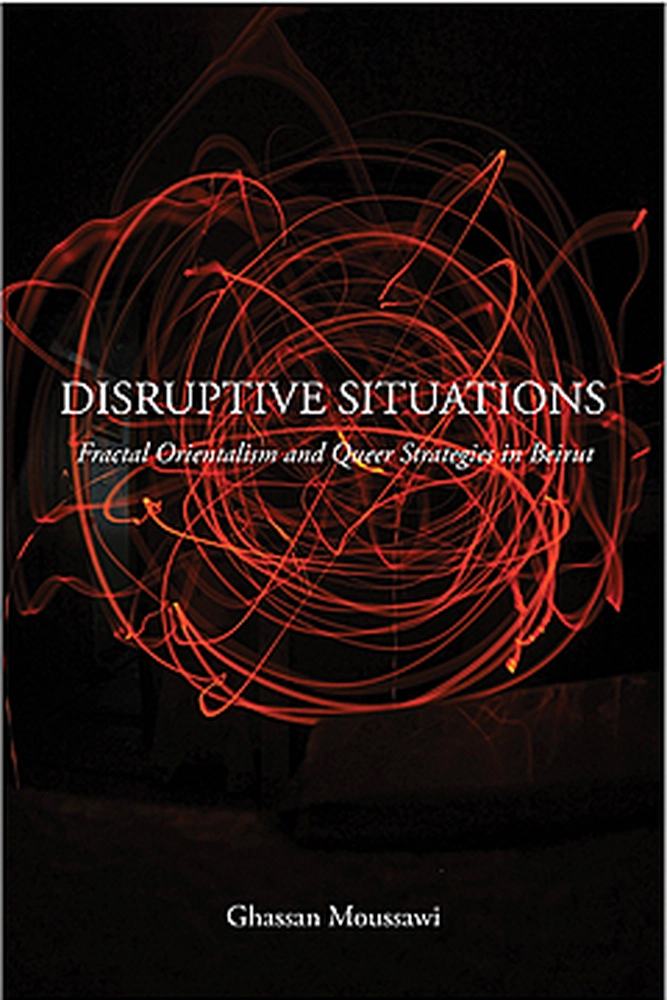
Awarded by the National Women's Studies Association, the Gloria E. Anzaldúa Book Prize recognizes groundbreaking monographs in women's studies that makes significant multicultural feminist contributions to women of color/transnational scholarship. Moussawi was awarded for his book, Disruptive Situations: Fractal Orientalism and Queer Strategies in Beirut (Temple University Press, 2020), which examines what queer life reveals about everyday disruptions and violence in contexts where war, crises, and disorder are the conditions of social and cultural life.
With a particular focus on Beirut, Moussawi complicates transnational queer and sexuality studies and queer theory. While the field of queer studies destabilizes identities, and interrogates modes of knowing about the social world, its reliance on categories of normativity has been largely unquestioned. That is, queer theory presumes a normative standard that needs to be “shaken” or “upset.” Moussawi asks: what analyses can queer studies offer when disruptions and precarity are the very conditions of social and cultural life? By regarding normativity as a contested category, he focuses on the tensions between queer modes of life and an already queer situation. Disruptive Situations relies on an expansive understanding of queerness—one that emphasizes not LGBT identities but practices of negotiating everyday life, amid a situation that is always disruptive. The case of Beirut can teach us about queer life in other contexts where state sanctioned violence, corruption, and neglect and everyday violence shape people’s lives.